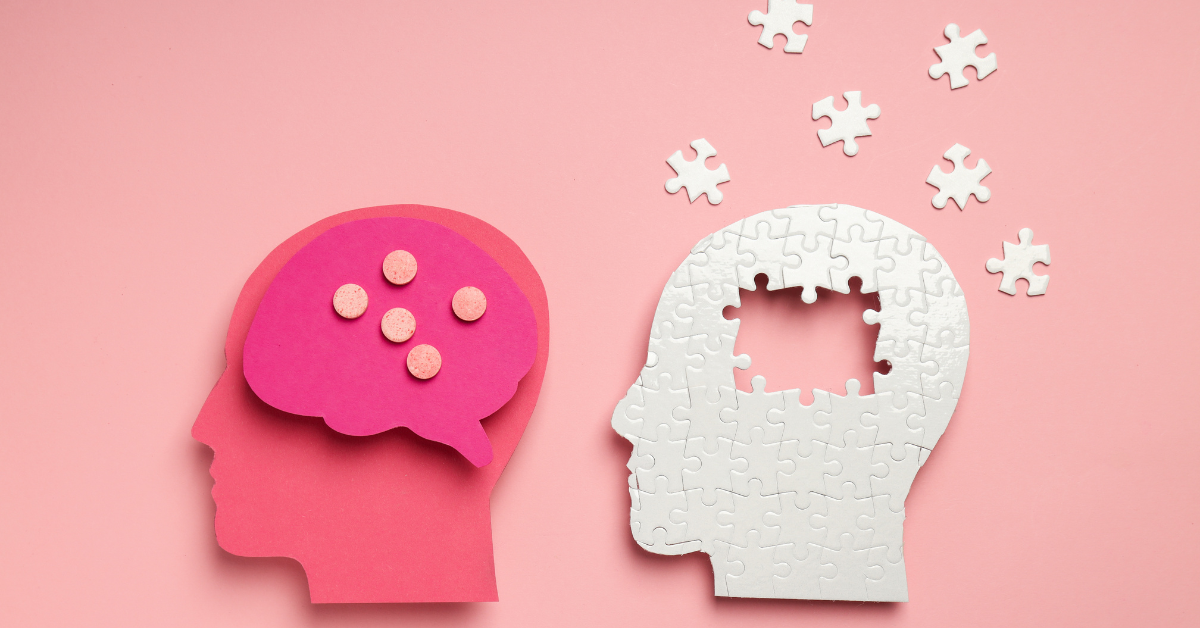Pop culture often portrays depression in the same way: a person who refuses to leave their home — or even just their couch — to shower, get out of their sweatpants, and otherwise function in a normal capacity. Their professional, social, and romantic lives are in shambles—just another good example of why you shouldn’t believe everything you see on TV.
Not everyone experiences depression this way. Symptoms can vary wildly from person to person depending on the severity of their mental illness, which ranges from mild to severe. Then, some individuals appear to be fine outwardly; they can keep up with their daily responsibilities at work, keep their relationships intact, and may even be the first person to crack jokes.
Consider Chelsie Kryst, a successful Division I track and field college athlete who earned her MBA and law degree and became a working attorney before being crowned Miss USA in 2019. From there, she became a host for a popular television channel, Extra, for which she was nominated for two daytime Emmys. Chelise was a very active, social, and, by all accounts, successful woman.
Then, Chelsie committed suicide at the age of 30.
It was only after her death that Chelsie’s closest friends realized she had a mental illness, and the condition commonly known as “high-functioning depression” began to enter the mainstream vernacular. It’s when people like Chelise appear perfectly fine on the outside and may even appear happy, but beneath the surface, they struggle and often do so alone.
Recognizing High-Functioning Depression: Symptoms & Signs
High-functioning depression isn’t included in the DSM, and therefore, it isn’t formally recognized as a clinical disorder even though the term is fairly commonplace. Instead, it’s typically referred to as ‘persistent depressive disorder’ by medical professionals.
Just because someone appears to be functioning well on the outside does not mean that they aren’t suffering on the inside. However, identifying high-functioning depression can be challenging, as individuals often mask their symptoms.
High Functioning Depression & Drug Abuse
As you can imagine, high-functioning depression can easily go unnoticed and be difficult to detect. It might also evade formal medical diagnosis because the typical symptoms of depression aren’t there.
As a result, these individuals usually end up battling their mental illness on their own. Without access to prescription antidepressants, they may turn to self-medication through drugs and alcohol, a common coping mechanism even for individuals who aren’t suffering from a mental illness.
Like most circumstances involving drug use — things can quickly go from bad to worse when drugs and mental illness are combined. There’s a very high likelihood of them exacerbating depressive symptoms, pushing a person deeper into depression and furthering this harmful cycle.
Another potential cause of this correlation is a hallmark of high-functioning depression symptoms: feeling emotionally numb. Individuals with high-functioning depression often become masters at concealing their true emotions. Whether from fear of social stigma or the pressure to maintain a facade of normalcy, these individuals are highly adept at putting on a brave face.
The result? People feel detached from their emotions and experience a persistent emptiness or lack of joy. These individuals then struggle to connect with their feelings and feel disconnected from those around them. This disconnect can lead to feelings of isolation — another common cause of drug use.
Treating High-Functioning Depression
Therapy and medication are the most likely to be prescribed for treating this illness. However, other interventions, such as lifestyle changes, stress management techniques, and self-care
practices can be beneficial as well. Though, when dealing with depression, the importance of a social support system cannot be overstated.
Having a safe space to express emotions, share experiences, and receive validation can provide immense relief and reduce feelings of isolation. A support system can include friends, family members, or individuals from support groups like Alcoholics Anonymous. These support groups can also be a valuable resource for family and friends who suspect a loved one may be struggling with addiction.
If you suspect that you or someone you know may be experiencing high-functioning
depression, the first step to take is to reach out to mental health professionals. However, in the case that your loved one is also simultaneously dealing with a drug use issue (regardless of whether it came before or after their mental illness started), the best course of action is to seek a drug rehab facility that specializes in co-occurring disorders.
